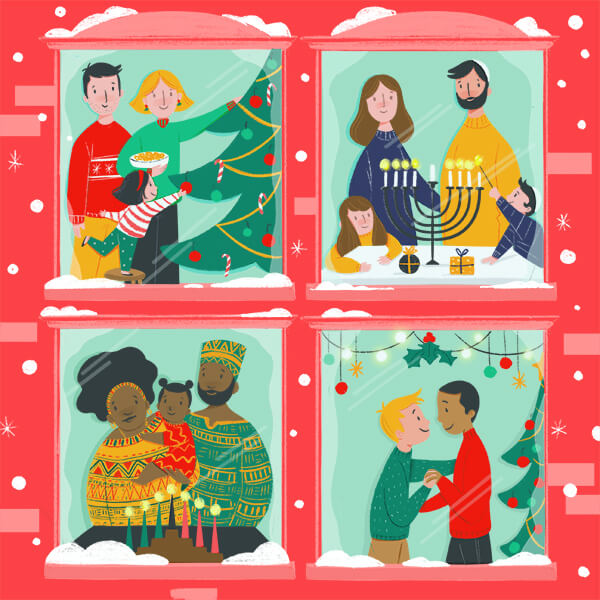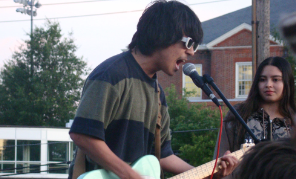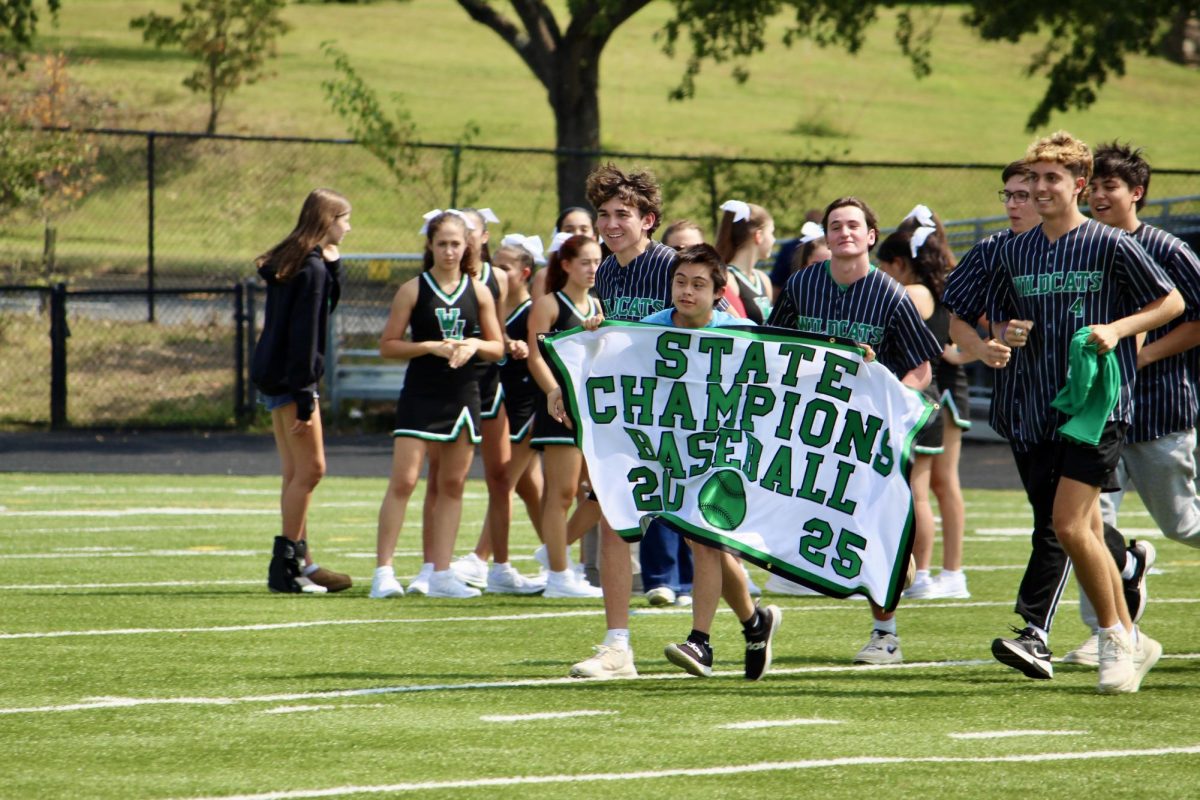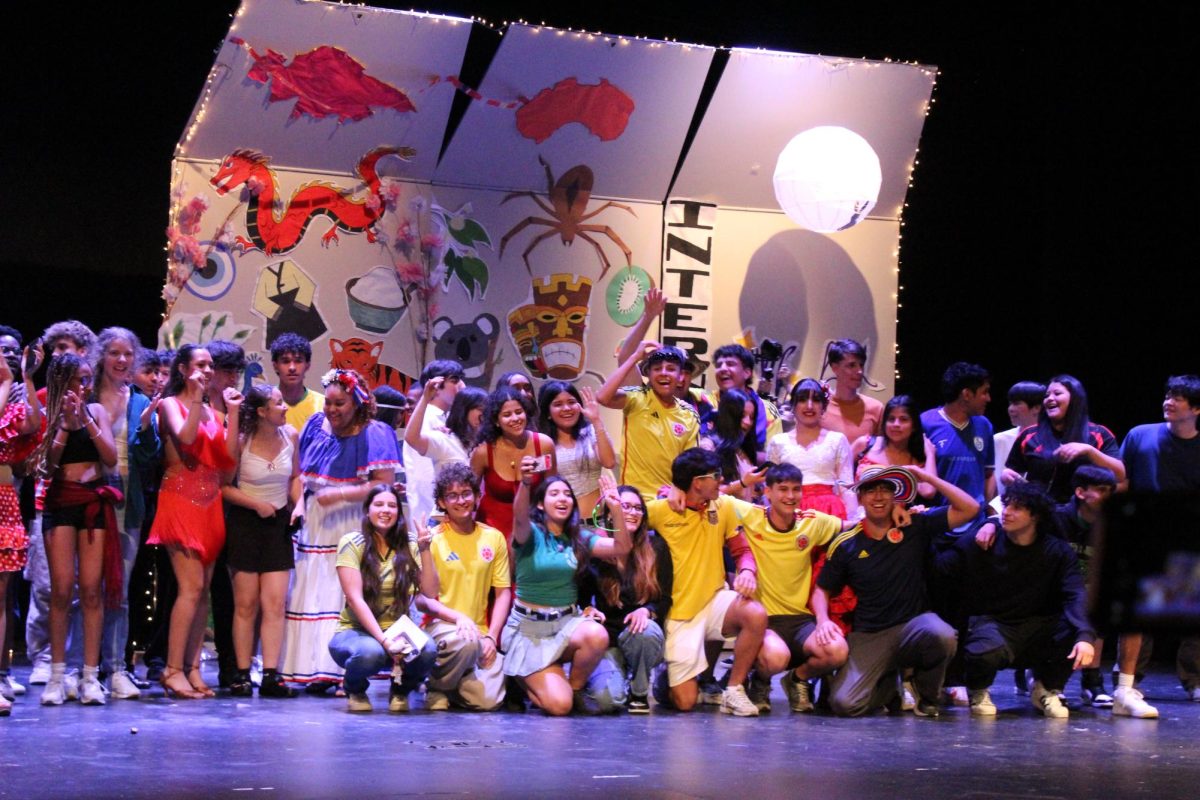December will be here before we know it, and once Thanksgiving passes, we’re rushed into the winter holiday season. While there are the classic American traditions, WJ consists of many students from various cultures around the world. These students enjoy very unique traditions which are vastly different from the ones typically seen in the U.S.
You may be familiar with the horror/comedy Krampus movies that feature Santa’s worse half, whose job is to terrorize those on the naughty list. But, you may not know that this is a real tradition celebrated in Germany, Austria and Hungary. People dress up as this beastly version of Santa and wander the streets terrorizing children.
“My family is from Germany, and my dad has dressed up as Krampus every early December since I was a little kid. His goal is to scare my mom, my siblings and I by jumping out from corners or hiding around the house and popping out. It’s terrifying,” junior Torben Mucchetti said.
One of the lesser-known holiday celebrated in December is Kwanzaa. It’s a seven-day celebration with seven key principles for people with African roots.
“Similar to the menorah, we light a candle each night which alternates between the three colors of Africa, black, red and green,” junior Ahmed Gugssa said.
There is a feast each day called the Karamu. Differing from many other holidays, Kwanzaa does not feature a menu of traditional foods. Each household is able to choose what food they would like to serve, although many decide to highlight their African roots in their meals.
“My family typically makes food from Ethiopia, my home country. We eat Injera, Doro Wat and Sambusas. My mom makes a lot of food, those are just my favorite,” Gugssa said.
Dec. 25 marks Christmas day, for the majority of Christians and people who celebrate Christmas regardless of religion. Yet for people of the Eastern Orthodox religion like senior Hermela Brhauni, Christmas is actually celebrated on Jan. 7. Brhauni moved to the US from Tigray, Ethiopia about a year ago.
There are many cultural differences between America and Ethiopia. “For instance, in my culture, eating alone is uncommon because doing so makes others unhappy while it’s normalized in American culture,” Brhauni said.
Our school has a wide variety of cultures and people from all over the world. Brhauni feels as if their culture is accepted at our school, having many friends of the same ethnicity. But there is still progress to be made especially for some other cultures.
“I feel accepted, especially since there are other Mexican people at our school. I do wish holidays from other countries were more represented at WJ, but I feel like we can work to make that happen,” senior Dani Salas said.

























